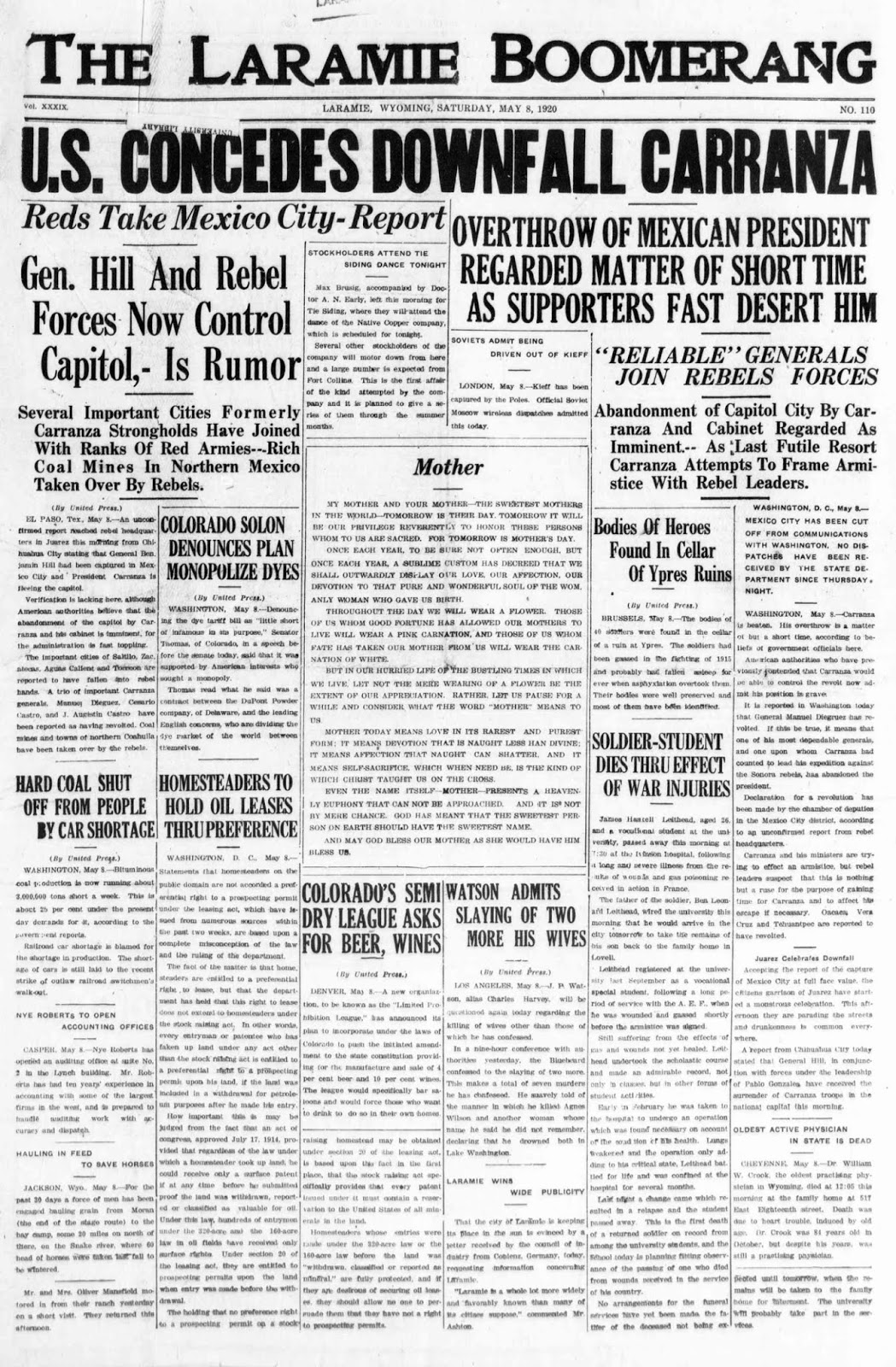On this day in 1920, the Luftstreitkräfte, the World War One equivalent of the Luftwaffe, more or less, officially came to an end.
Disassembled German aircraft on display in London, 1918.
The organization, not surprisingly, had gone through several names and structures before achieving its final one in October 1916. It did not include naval flyers, who remained in the navy, and its association with the German army was organizational such that it was part of the army. It oddly did not include every German army pilot, however, as Bavaria retained an element of organizational control over men recruited from its territory, including at least theoretically its own air force.
After the German surrender it basically came to an end and its one and only commander, Ernst von Hoeppner, left his appointed position as its chief in January 1919 as part of the dissolution of the force in accordance with the Treaty of Versailles which prohibited the Germans from having military aircraft. After that point it existed on paper until this day in 1920.
Ernst von Hoeppner, the commander of the Luftstreitkräfte from October 1916 until January 1919. He returned to the cavalry branch from which he had come and retired in November 1919, dying from the flu at age 62 in 1922.
The German government did field aircraft as late as 1920 when it put down the Ruhr Rebellion, but those aircraft and their pilots were at least theoretically in the Freikorps.
On the German air arm and symbols, an interesting thing to note is how the stylized cross borrowed from the Teutonic Knights has evolved in the German air arm. From 1914 to 1915, it was the full cross pattée associated somewhat inaccurately with the Medieval crusading order that was painted on the sides and wings of German aircraft. In reality, the Teutonic Knights only occasionally employed this style of cross, but it was heavil adopted by the German crown after unification of the country during the Franco Prussian War.
German cross pattée originally used on German aircraft.
In 1915, the cross pattée was slimmed down a bit for some reason.
Cross pattée used from 1915 until March 1918.
In March 1918, it was made a simple straight cross.
German aircraft symbol from March 1918 until the end of the war.
The revived Luftwaffe continued to use the simple cross throughout its existence from 1935 until 1945, in a modified form that added emphasis to the lines, but when the post war Luftwaffe was recreated, it went back, with the rest of the German military, to the cross pattée.
While the German air arm was disappearing, the Carranza government was as well.
What started as an effort to control who would be his successor was rapidly and obviously going down the tubes, although Carranza was not conceding anything. Forces were lining up against him, including those of the improbably named Gen. Benjamin Hill, who would die under suspicious circumstances that following December.
As Mexico was increasingly headed leftward, American leftists were on the front cover of the papers as well, claiming that Woodrow Wilson had broken faith with them. His government certainly hadn't been kind to them recently.
The news from the oil patch was strangely similar to today's.
Wyoming Oil World was reporting that petroleum prices had fallen to an all time low.
Washington D.C. was having a dog show and some well known names were going to it.
Seventh annual Dog Show of the Washington Kennel Club. Franklin Roosevelt and his daughter Anna in photo.

















































